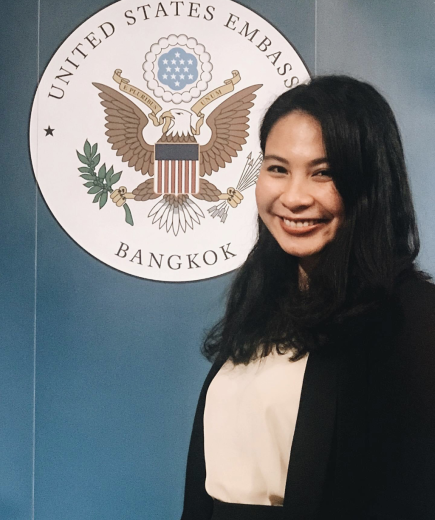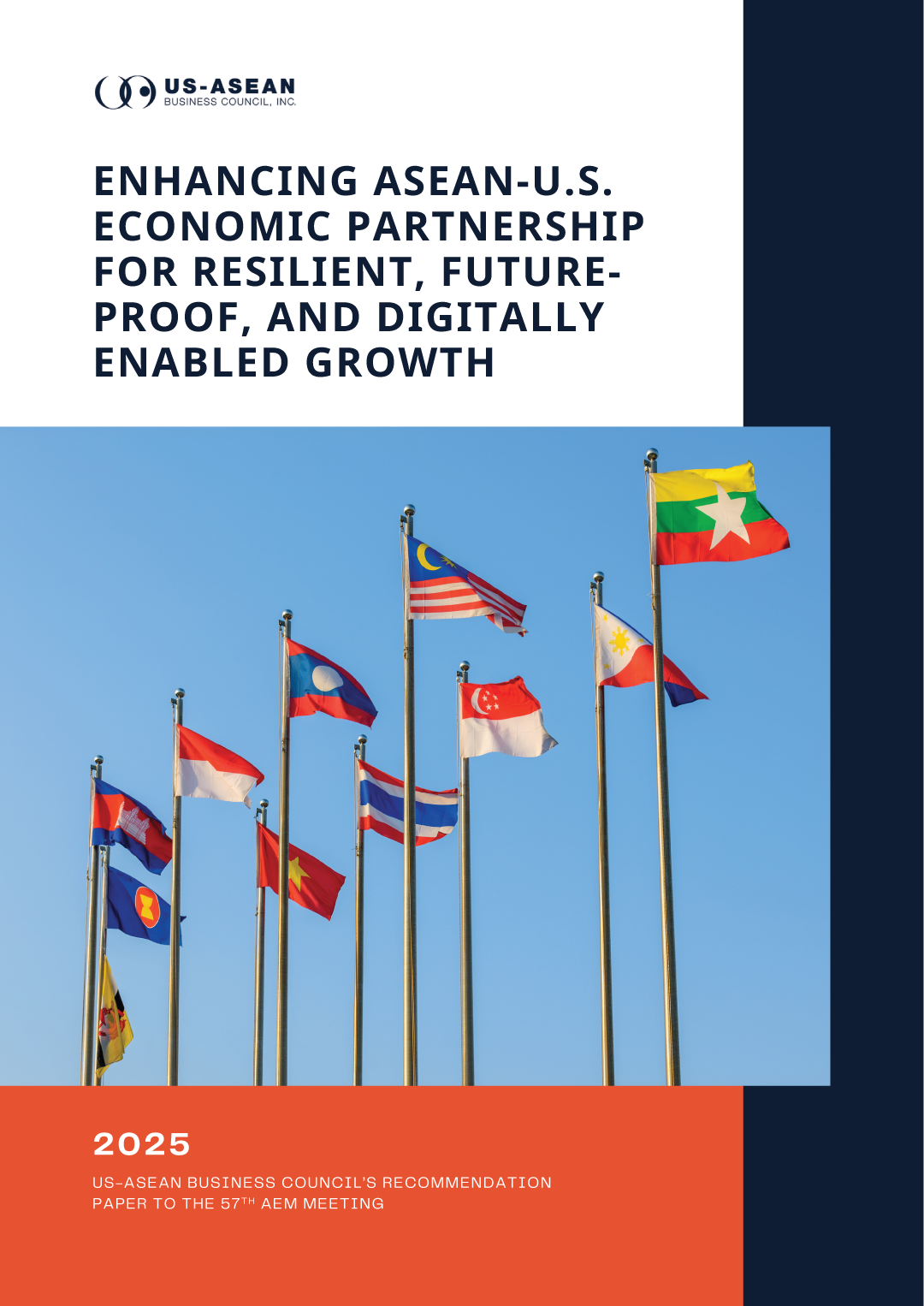Trump’s 100% Movie Tariff Sparks Industry Backlash

On September 29, President Donald Trump unveiled plans for a sweeping 100% tariff on all films produced outside of the United States, marking the first time his administration has floated a tariff targeting a service rather than a good. The proposal, first hinted at in May, has shocked Hollywood insiders who warn it could disrupt the industry’s global model built on cross-border shoots, co-productions, and international box-office revenue. While President Trump claims foreign tax incentives have “stolen” U.S. filmmaking jobs, legal experts question whether tariffs can even be applied to services, leaving implementation uncertain.
Studios have increasingly relied on overseas hubs in Canada, the UK, and Australia, where lower labor costs fuel bigger budget projects. Production spending in the U.S. has already dropped 26% since 2022, and industry executives also caution that a broad tariff could jeopardize thousands of American jobs tied to international productions, from visual effects artists to production crews, whose work is often coordinated across multiple countries.
Markets also reacted with Netflix shares slipping 1%, while AMC and Disney ticked higher. Film industry groups have urged the U.S. to pursue stronger domestic film incentives rather than tariffs, noting that the U.S. film sector posted a USD 15.3 billion trade surplus, backed by USD 22.6 billion in exports.
Thailand, a leading filming destination in Southeast Asia, could see ripple effects from President Trump’s proposed movie tariffs. In 2024, the country hosted 491 foreign productions from 42 countries, generating over 6.58 billion baht (USD 194 million) in revenue. The momentum has continued into 2025, with 279 international shoots in the first half of the year, injecting 2.86 billion baht (USD 84.3 million) into the economy and prompting officials to raise the annual revenue forecast to 10 billion baht (USD 295 million). Much of this growth is driven by Thailand’s generous cash rebate scheme for filmmakers, offering up to 30% back on production spending.










